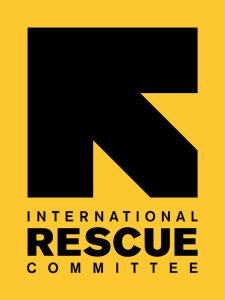
GBV RESPONDERS NETWORK
Resources for addressing gender-based violence against women and girls in humanitarian settings.
The International Rescue Committee (IRC) Women’s Protection and Empowerment team reaches women and girls in acute, protracted and recovery humanitarian settings in over 45 countries across Africa, Asia, the Middle East, North and South America, and Europe.

Read the latest WPE Policy Report: Why Wait? How the Humanitarian System Can Better Fund Women-Led and Women’s Rights Organizations
A summary of the report is available HERE, and translations of the summary are available French, Dari, Pashto, and Ukrainian at the same link.